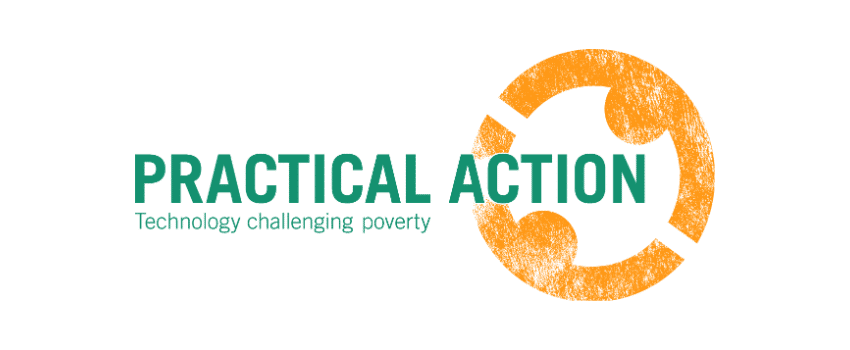
Practical Action, the charitable organisation which runs the Practical Presents website is calling for an end to an innovation ecosystem which encourages wasteful consumption and perpetuates inequality if we are avoid the effects of catastrophic climate change. The agency issued a new report titled “Technology Justice: A Call to Action” which acknowledges the importance of the role that technology has played in the development of human beings and accepts that it will be critical if we are to sustainably end extreme poverty.
Billions without access to basic technology
Despite that fact, there remain billions of people all over the world without access to basic technology such as running water, electricity and medicine which results in millions of deaths every year. This disparity shines a spotlight on the need for developing and sharing technological innovation because the present system is broken and does not provide the kind of solutions that are most needed by humanity.
Profits drive innovation
Practical Action’s Amber Meikle who wrote the report says that innovation today is largely driven by profit which produces a world where only a minority of people benefit from the vast majority of innovation. Environmental impacts are often considered too little too late. She adds that every day employees of Practical Action work with those who are most marginalised and whose lives could be completely transformed if some innovation were geared towards meeting their basic needs.
The poor are affected the most by climate change
Another issue is that many poor people have to deal with the effects of climate change which is producing drought, floods, freezing and searing temperature. This is extremely unfair because most of these people have little or no access to fossil fuel based technologies and contribute the least to global warming, however they are also the people that are most affected by it.
“Practical Action is trying to reverse this injustice by working to support local innovation and demonstrating what a transformative effect access to essential technology can have. But a much more radical shift is needed: an overhaul of the innovation system to deliver technologies to meet the most pressing needs of humanity and the planet. We cannot do this alone.” Ms. Meikle said.
Large scale changes must be made
The report urges patent law reform which it says is outdated and in many instances has become an obstacle instead of an incentive for developing technologies that everyone can benefit from. The report also suggests that tax breaks should be given for companies that engage in research and development from which the poorest people will benefit. It also calls for greater resource equality which should be made available to agricultural research both in the global North and South.
“We must recognise that it’s not just companies like Apple that innovate. The state is often the one that makes the high-risk investments in cutting-edge research. Take the iPhone – it is almost entirely dependent on technologies developed through government funded programmes including the internet, GPS, touch-screens and Siri. The state should recoup more of this investment and reinvest in further innovation for social and environmental good, instead of providing the high risk investments for huge corporations without fully profiting from it. The situation must change. We are calling you all to action. We want to join with others to each play our part in reclaiming technology for people and the planet.”





